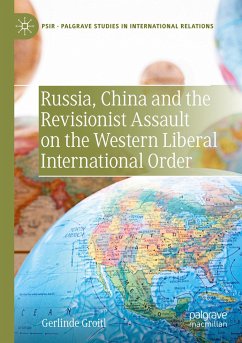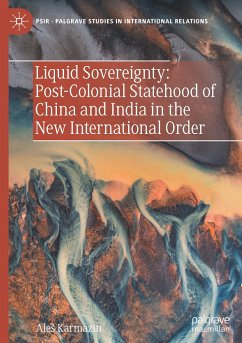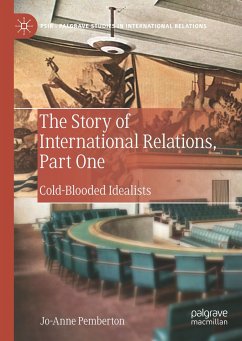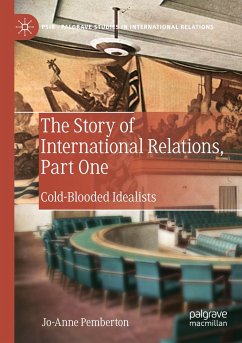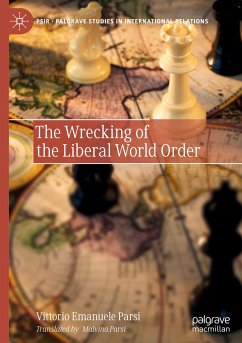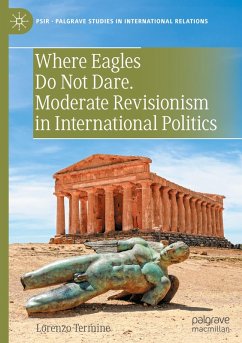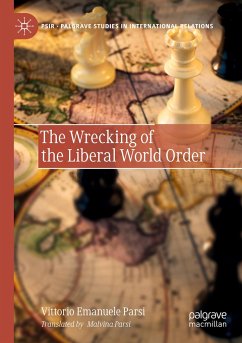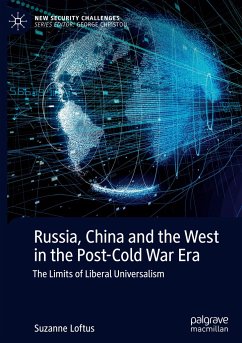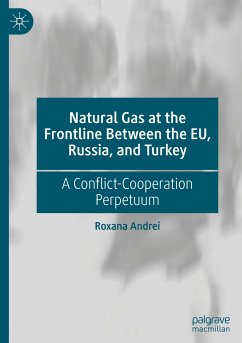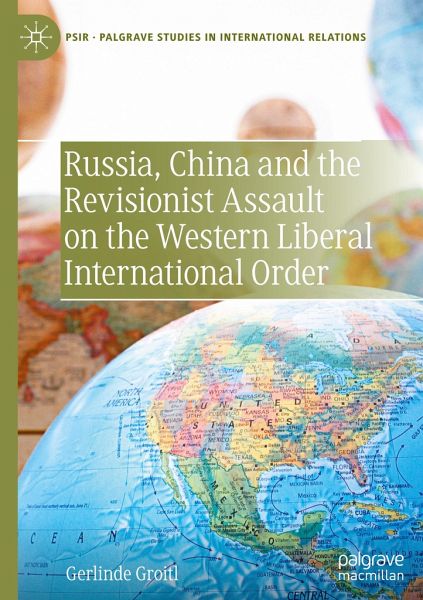
Russia, China and the Revisionist Assault on the Western Liberal International Order

PAYBACK Punkte
60 °P sammeln!
This book analyzes Russian and Chinese revisionism in the face of US and Western post-Cold War liberal international order building and asks why both powers have turned revisionist in the late 2000s. The study develops a neoclassical realist model of international order building and contestation and posits to view revisionism as a strategic choice. States go revisionist if the status quo international order threatens their vital security needs (broadly defined not only as territorial security, but also political, economic, normative and ontological) and if they have the means to challenge the ...
This book analyzes Russian and Chinese revisionism in the face of US and Western post-Cold War liberal international order building and asks why both powers have turned revisionist in the late 2000s. The study develops a neoclassical realist model of international order building and contestation and posits to view revisionism as a strategic choice. States go revisionist if the status quo international order threatens their vital security needs (broadly defined not only as territorial security, but also political, economic, normative and ontological) and if they have the means to challenge the undesirable status quo. Russia and China were both unhappy with the post-Cold War international order of American designs, but had to opt for accommodation in the 1990s and early 2000s ("strategic accommodation" in the Chinese case, "resentful accommodation" in the Russian case), before revisionism became even more of a necessity and a real policy option from the late 2000s onward ("constructive revisionism" in the Chinese case, "destructive revisionism" in the Russian case). The author calls for a policy of neo-containment to counter Moscow's and Beijing's efforts to game and erode the international order.





